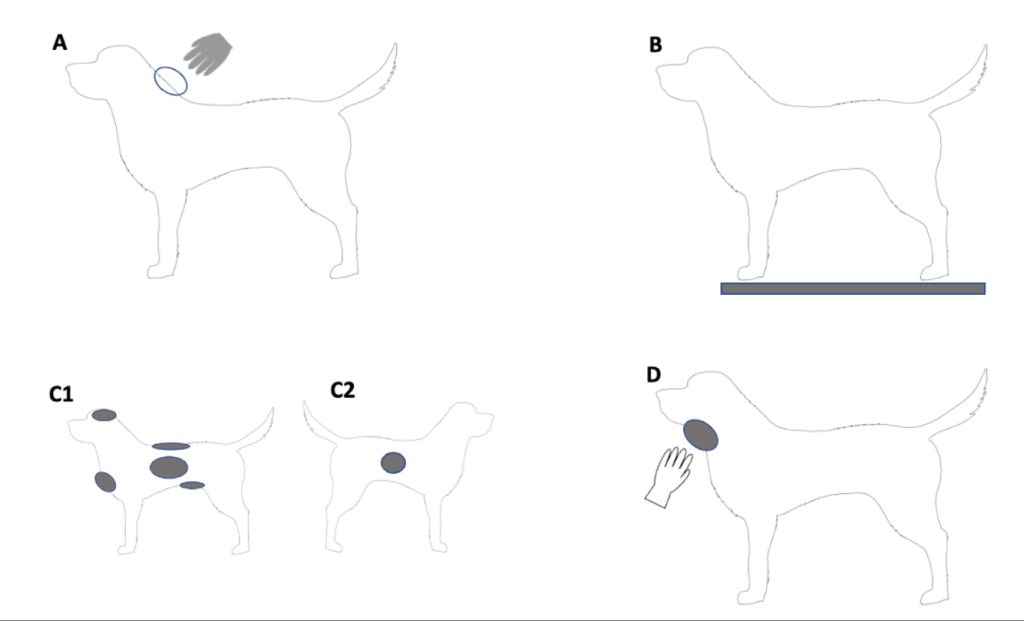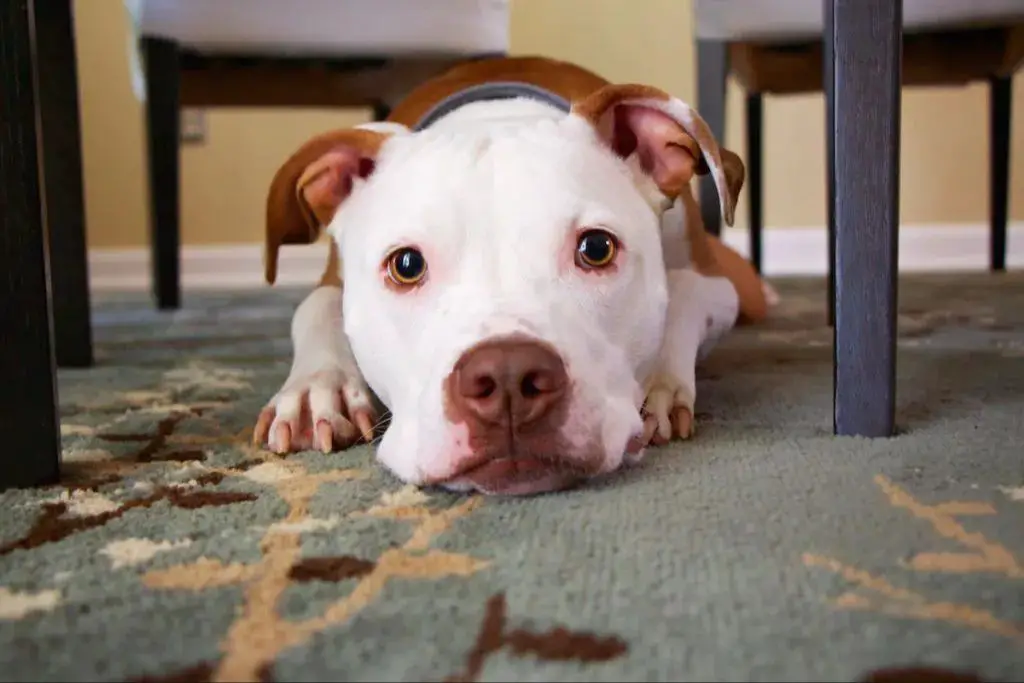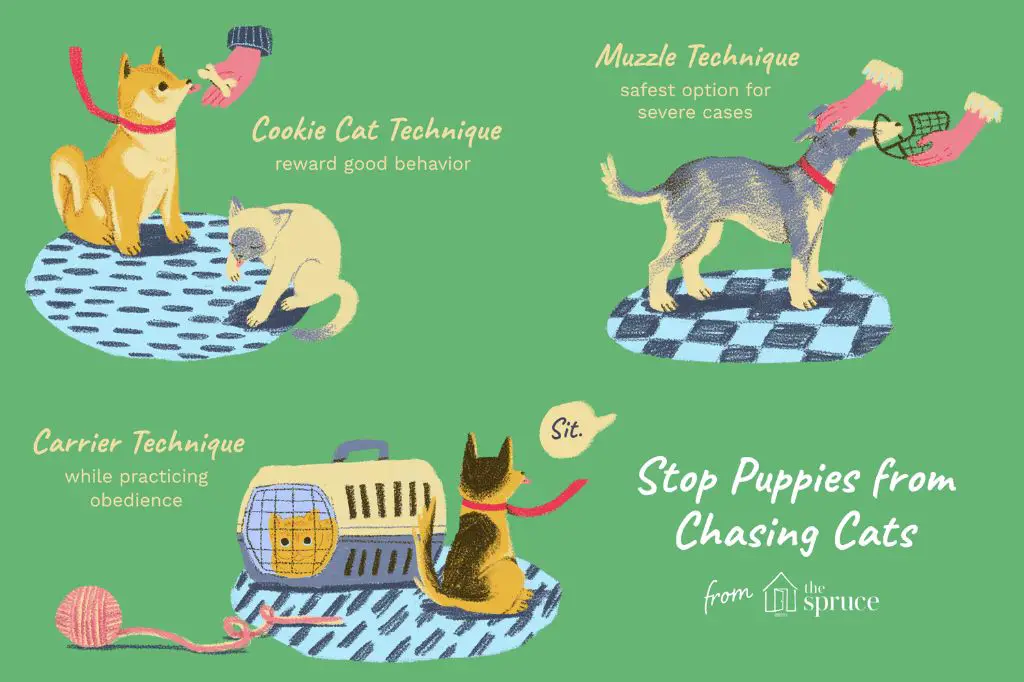Introduction
Many cat owners worry about what might happen if their feline encounters a neighborhood dog or one belonging to friends or family. Though most dogs and cats can coexist peacefully, in some unfortunate cases, dogs have been known to attack and even kill cats. This article will examine the legal liability when a dog kills a cat, including how to file a lawsuit, prove liability, document damages, reach a settlement, and potentially receive court awards. We’ll also look at special circumstances like dogs trained to fight or kill, ways to prevent incidents, and what cat owners can do to keep their pets safe.
Legal Liability for Pets
The legal doctrine that determines liability for pets’ actions is known as negligence and strict liability. Under a negligence standard, the pet owner is liable if they failed to properly supervise or control their pet and this failure resulted in injury or damage.
Strict liability is a stricter standard that makes the pet owner automatically liable for any injuries or property damage caused by their pet, regardless of the precautions they took. Strict liability often applies specifically to dog owners in many jurisdictions.

For example, a dog owner could be found negligent if their dog got loose and attacked a neighbor’s cat while unattended in the yard. The owner failed to properly confine their dog. Under strict liability, the owner is responsible even if the dog was confined, because the legal responsibility lies with the dog’s owner regardless of the circumstances.
In most cases involving pets like dogs and cats, courts will assess whether the pet owner acted negligently. But laws vary across different states and municipalities, with some areas enforcing strict liability for dogs (Source: http://www.mindelscott.com/2022/11/11/legal-responsibility-of-a-when-a-dog-attacks-a-cat/).
Filing a Lawsuit
If you want to sue for damages from your pet being killed by another animal, you will most likely need to file a civil lawsuit against the animal’s owner. This involves filing a legal complaint in the appropriate court and serving the complaint along with a summons on the defendant (dog owner).
For smaller claims under a certain dollar amount, such as vet bills or the value of a pet cat or dog, you may be able to file in small claims court. The rules are simpler and legal representation is often not allowed. The dollar limit for small claims varies by state, but is typically several thousand dollars or less.
To start the process, go to your local small claims court and ask for a complaint form. You will need to list information like your name, the defendant’s name, the amount you are suing for, and details about the incident. The court clerk can provide instructions on completing and filing the form. Once submitted, a court date will be set.
If your damages exceed the small claims limit, you will need to file a formal civil lawsuit in civil court. This is a more complex legal process that requires following the rules of civil procedure and allows legal representation. The complaint must properly establish legal grounds for liability and request appropriate compensation.
It’s recommended to consult an attorney if pursuing a lawsuit in civil court, as an experienced lawyer can best guide you through the process and represent your interests. Key steps will include drafting the complaint, officially filing it with the court, and serving the defendant.
Regardless of which court is used, thorough documentation and evidence will be required to support your lawsuit and prove liability for the death of your pet.
Proving Liability
To prove liability in a dog attack case that results in injury or death to a cat, the cat’s owner must establish either negligence or strict liability on the part of the dog owner. Under negligence, the cat owner must show that the dog owner owed a duty of care, breached that duty, and the breach caused damage. Strict liability requires showing the dog had dangerous propensities known to the owner (source).
Evidence to support these claims can include eyewitness testimony of the attack, veterinary records detailing the cat’s injuries, evidence of prior complaints or incidents involving the dog, proof the dog was unrestrained and roaming at the time, photos documenting wounds, medical expenses, and more. Witness statements on the dog’s prior behavior can help establish knowledge of dangerous propensities. An animal behavior expert may also provide opinions on the dog’s temperament. Veterinary records are key for showing the extent of injuries and treatment cost. Factual documentation from multiple sources makes a strong liability case.
Documenting Damages

When suing over the death of a pet caused by another person’s dog, there are several types of monetary damages that may be recovered. These include:
Veterinary Bills – Any veterinary expenses related to injuries caused by the dog attack can be claimed as economic damages. This includes emergency treatment, follow-up care, medications, and euthanasia costs if the pet had to be put down.[1]
Value of the Pet – In most states, the law considers pets as property. You can claim the fair market value of your pet before it was killed based on its pedigree, purchase price, special training or other factors.[2] However, some states like Illinois set caps on pet value for civil cases.
Emotional Distress – Damages for emotional distress over the loss of a pet are recoverable in some states like California, Florida, and Texas. However, the extent of distress and how “special” the pet was to the owner must be proven.[3]
Punitive Damages – If the dog owner’s actions showed a reckless disregard for safety, additional punitive damages may be awarded in some cases to punish and deter the behavior.[4]
It’s critical to thoroughly document all damages related to veterinary expenses, purchase price, training costs, photos proving emotional attachment, and the circumstances of the incident. Plaintiffs should consult with an attorney to determine the types and amount of damages appropriate to seek in their specific state and situation.
[1] https://www.avvo.com/legal-answers/can-i-sue-someone-if-their-dog-killed-my-cat–5323491.html
[2] https://www.nolo.com/legal-encyclopedia/free-books/dog-book/chapter9-3.html
[3] https://www.quora.com/If-my-neighbors-dog-killed-my-cat-on-my-property-what-is-a-reasonable-amount-of-compensation-I-could-expect-to-get-if-I-sued-him-in-court
[4] https://www.nolo.com/legal-encyclopedia/free-books/dog-book/chapter9-3.html
Settlements

Many dog bite cases are resolved through settlements rather than going to trial. Settlements allow both parties to avoid the time and expense of a trial. According to Forbes, the average settlement for a dog bite claim was around $44,760 in 2022. Settlement amounts depend on the specific details of each case. Factors that impact settlement value include the severity of injury, required medical treatment, lost wages, and degree of liability. Minor bites may settle for a few thousand dollars while more serious maulings often settle for over $100,000. Settlements in dog bite lawsuits involving children tend to be higher as well. It’s advisable to consult with an attorney to get an estimate of potential settlement value based on case specifics before entering negotiations. Though settlements entail compromise, they provide an alternative to trial that controls risk and expense for both sides.
Court Awards
If the case goes to trial, the court may award compensatory and/or punitive damages. Compensatory damages are intended to reimburse the plaintiff for actual losses like veterinary bills, the value of the pet, burial costs, etc. Punitive damages are meant to punish the defendant for reckless or intentional misconduct.
According to Forbes, the average dog bite settlement is around $32,072. However, amounts can vary significantly based on the severity of the incident. Settlements for dog bites range from a few thousand dollars for minor injuries to over $100,000 for severe bites needing extensive medical treatment. Cases involving the death of a pet often result in damages between $5,000-$10,000.
If negligence or intentional misconduct is proven, some states allow punitive damage awards up to 3 times the compensatory damages. Punitive awards for a pet’s death may range from $10,000-$30,000 in egregious cases. Overall, court awards depend heavily on state laws, the judge/jury, and the specifics of each case.
Special Circumstances
There are certain special circumstances that can impact liability and damages if your dog kills a neighbor’s cat. According to experts, some key considerations include:
Provocation – If the cat provoked the dog in some way, such as by entering the dog’s territory or swatting at the dog, the owner may argue the cat holds some liability. However, dogs are still expected to be under control. (Source: https://www.hepper.com/my-dog-killed-a-cat/)
No leash – Most areas have leash laws requiring dogs to be restrained when not on their owner’s property. If an unleashed dog killed a cat, the owner has less defense. (Source: https://pethelpful.com/dogs/Why-Did-My-Dog-Kill-my-Cat)
Trespassing cat – If the cat was roaming unleashed and came onto the dog owner’s property before being killed, liability may depend on local trespassing laws. But owners must prevent foreseeable harm. (Source: https://www.quora.com/My-neighbor-s-dog-killed-2-of-my-family-s-cats-What-can-I-do-about-this)
Multiple incidents – If the owner was aware their dog had killed cats before and did not take sufficient precautions to prevent it happening again, they are much more liable. (Source: https://www.hepper.com/my-dog-killed-a-cat/)
Overall, while special circumstances may reduce an owner’s liability somewhat, they must still prevent foreseeable harm and likely hold primary responsibility if their dog kills a cat.
Preventing Incidents
There are several steps pet owners can take to help prevent their pets from attacking or killing other animals:

- Proper training and socialization from a young age can teach dogs not to chase or harm cats. Expose puppies to cats in a safe, controlled setting so they learn cats are not prey. Use positive reinforcement to reward calm behavior around cats. Refer to training guides such as How to Train Your Dog to Not Kill Cats.
- Always supervise interactions between dogs and cats, especially when first introducing a new pet. Keep dogs leashed or crated when unsupervised around cats.
- Separate sleeping areas and litter boxes to give cats safe spaces away from dogs. Ensure escape routes like cat trees or high perches are available.
- Spay/neuter pets to reduce territorial aggression and predatory drive. Consult your veterinarian about medication options to reduce prey drive if needed.
- Walk dogs regularly on leashes to prevent roaming and chasing. Consider leashes/harnesses designed for training dogs not to pull or lunge.
- Check fences regularly to prevent pets from escaping the yard and roaming loose.
- Keep cats indoors for safety. Outdoor cats face many dangers from cars, predators, diseases, etc.
With proper precautions, training, and supervision, pet owners can minimize the risks of dogs harming cats or other pets.
Conclusion
This article has provided an overview of the legal options and process if someone’s dog kills your cat. The key points are:
- Pet owners may be held liable if their pet injures or kills another pet or person.
- You can file a lawsuit against the owner to recover damages like vet bills or the value of your pet.
- To prove liability, evidence like veterinary records, photos, and witness statements will be needed.
- Most cases settle out of court, but if it goes to trial, awards can cover economic and non-economic damages.
- Special laws may apply in certain jurisdictions regarding dangerous dogs.
- Preventative measures like leashes, fences, and training can help avoid incidents.
If someone’s dog does kill your cat, you may have legal options to pursue compensation or hold the owner accountable. Consult a lawyer to determine the best course of action.